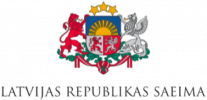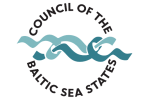On 24-26 November 2024, the parliamentarians of the Baltic Sea states met in the fourth meeting of the Baltic Sea Parliamentary Conference (BSPC) Working Group on Energy Security, Self-sustainability, Resilience and Connectivity (WG ESSRC) in Bergen, Norway.
Chair of the WG ESSRC and Vice Chair of the Economics, Energy and Innovations Committee of the Baltic Assembly Andris Kulbergs opened the meeting by emphasizing the importance of the meeting due to concerns about the growing threat posed by the Russian shadow oil tanker fleet in the Baltic Sea, as well as the highly publicised damage to two critical undersea cables in the Baltic Sea. "These incidents affecting connections between Helsinki and Rostock, and Lithuania and Gotland highlight the increasing vulnerability of our critical offshore infrastructure to sabotage and other security threats," he stated and highlighted the need to act together to enhance critical infrastructure protection and strengthen the collective response of the Baltic Sea region.
Expert presentations
Professor Henrik Ringbom from the Scandinavian Institute of Maritime Law and Alexander Lott from the Norwegian Center for the Law of the Sea at the Arctic University of Norway (UiT) outlined the key issues related to the shadow fleet while also touching on the pressing matter of recent sabotage acts involving critical infrastructure. The experts informed about the multiple layers of regulation regarding such issues, including prescriptive and enforcement jurisdiction in flag and coastal states. The United Nations Convention on the Law of the Sea (UNCLOS) was also assessed in the context of safeguards to ensure that coastal/port states do not abuse their powers concerning foreign ships. Regarding cables and pipelines, only a few legal sources are available, aside from UNCLOS, therefore, gaps must be interpreted in the light of systematics, context and general international law. In conclusion, the experts emphasized that collaboration with the flag state and other coastal and port states should always be tried as a first step – only then other actions should be assessed.
Chairman Andris Kulbergs concluded the lively discussions between the members of the WG and experts by emphasising the importance and urgency of this discussion and that every state should be ready for such incidents and not investigate them from scratch. It was agreed that governments should be asked for their legal opinion on the accidents and if they have procedures or guidelines in place. During the meeting, the members of the WG ESSRC also assessed the draft Interim Report of the WG and proposals for recommendations. It was agreed that the next meeting will take place on 16-18 March 2025 in Stockholm (Sweden) and will focus on building interconnected, sustainable, and resilient transport systems together.
Visits
Before the meeting of the WG ESSRC, the participants visited the Kollsnes Process plant, the Royal Norwegian Navy and the Renewable Energy company Eviny. During the visit to the Kollsnes Process plant, the members of the WG could learn more about Gassco and Equinor. Gassco is the operator of the integrated Norwegian gas transport system and is responsible for the safe and efficient transport of gas from the Norwegian continental shelf. Relationship Manager of Gassco Pål Rasmussen highlighted that the role of Gassco is to ensure that everything booked is ensured to the market – freight volumes, timing and quality. The three main projects include operatorship, which includes physical operatorship for process plants, pipelines and receiving terminals, gas transport from field to market, as well as further development of Norwegian gas infrastructure, including studies for the transport of hydrogen and CO2. Site Manager of Kollsnes Bjarte Padøy informed about Equinor - an international energy company committed to long-term value creation in a low-carbon future. Equinor compasses oil and gas, renewables and low-carbon solutions, with an ambition of becoming a net-zero energy company by 2050.
During the visit to the Royal Norwegian Navy, the branch of the Norwegian Armed Forces responsible for naval operations, the members learned that the maritime security network is made up of a whole-of-government maritime approach - people from the industry, NATO, governmental organizations and international organizations gather together to discuss issues jointly on a regular basis. It was also possible to discuss rules of engagement in case of suspicious vessels and the need for raising awareness and cooperation for having a policy for critical infrastructure in open international waters.
Lastly, during the visit to the Renewable Energy company Eviny, Senior Adviser of Eviny, former MP and State Secretary for Energy, as well as former member of the BSPC Standing Committee Per Rune Henriksen informed that Eviny is one of the biggest renewable energy and technology companies In Norway. For 100 years, they have made solutions for sustainable production and distribution of green energy. They are also now leading the way to ensure more energy and power in terms of nature, such as offshore and onshore wind and hydropower.
Photos
© Secretariat of the Baltic Assembly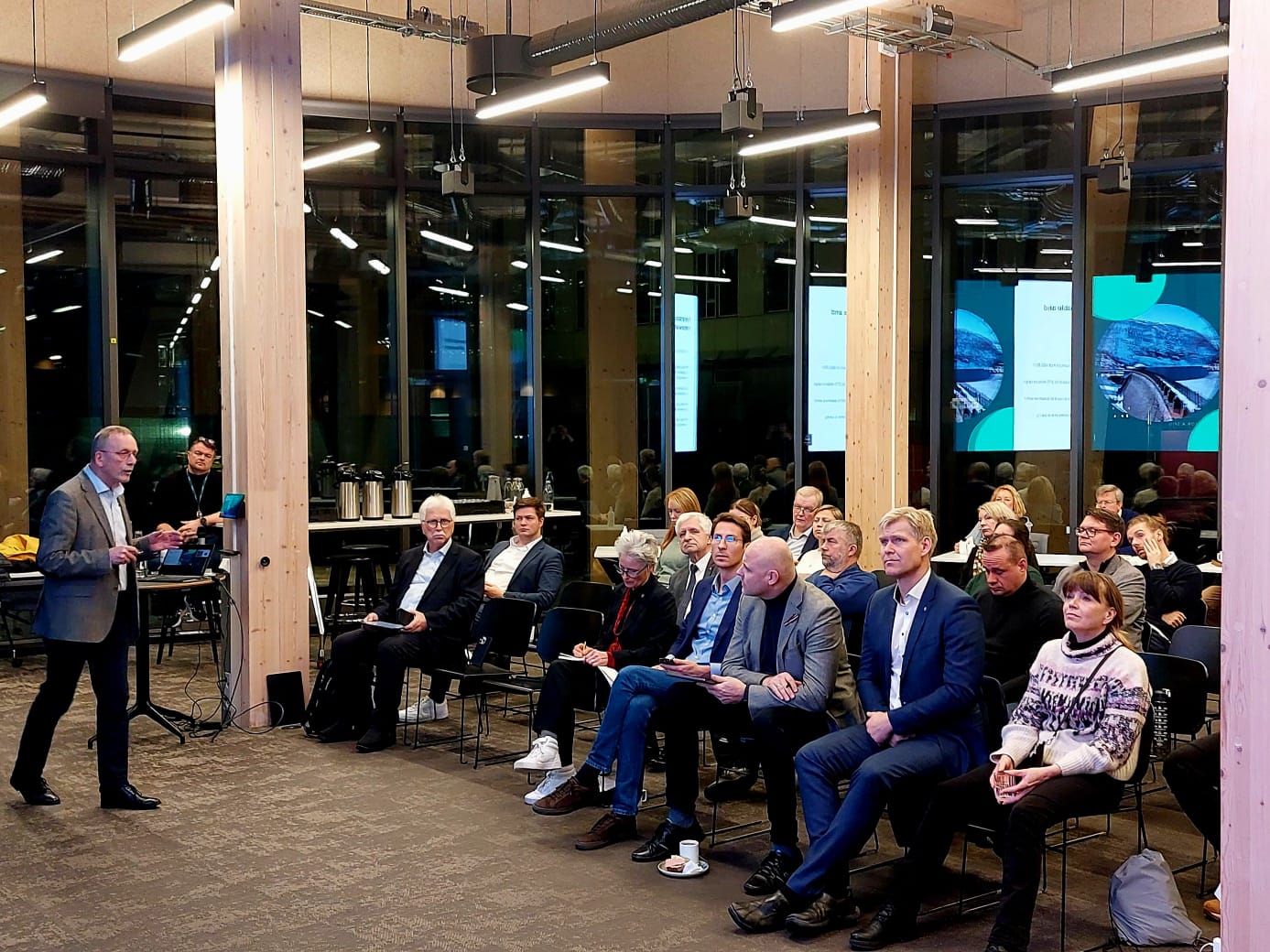
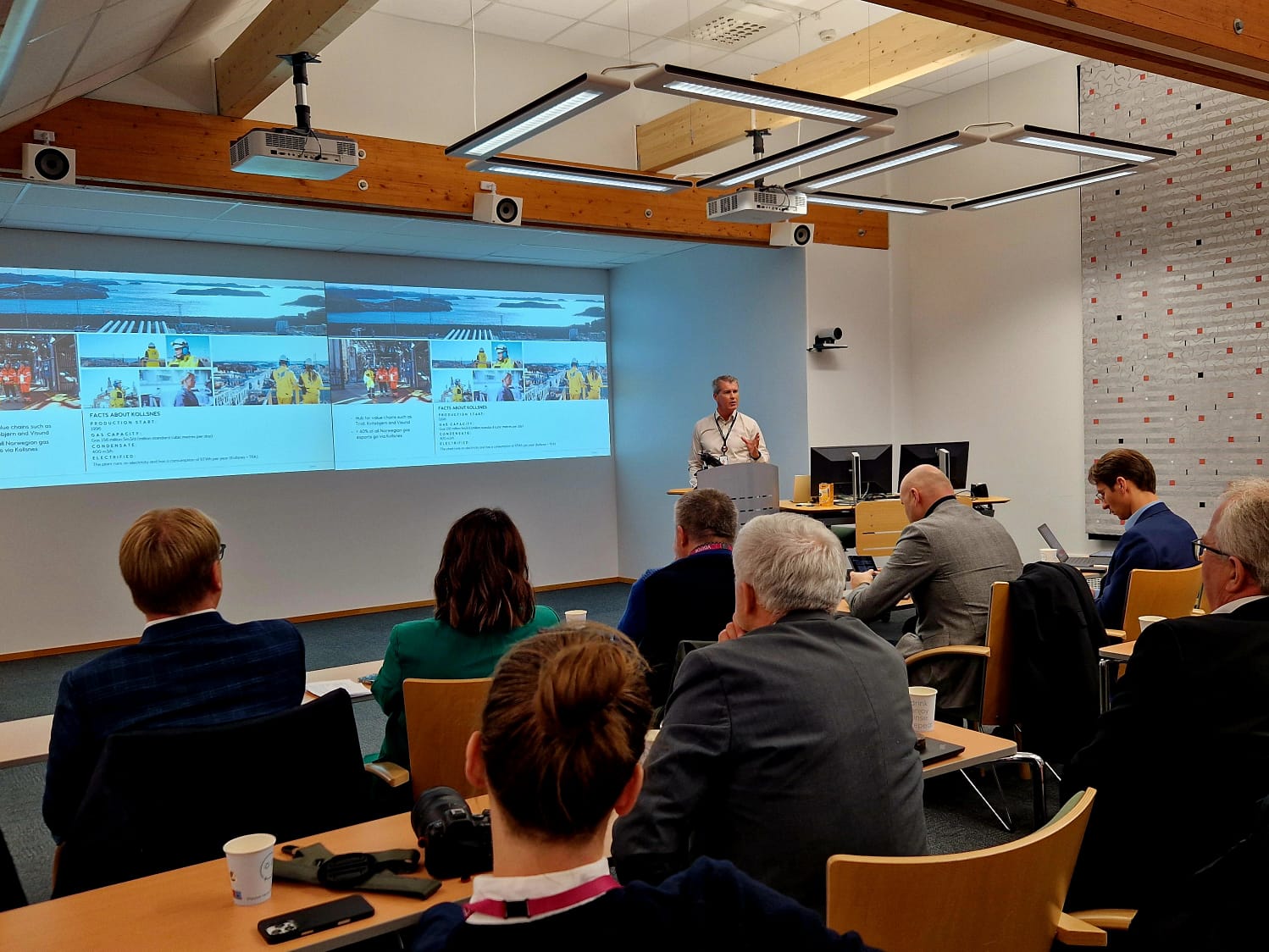
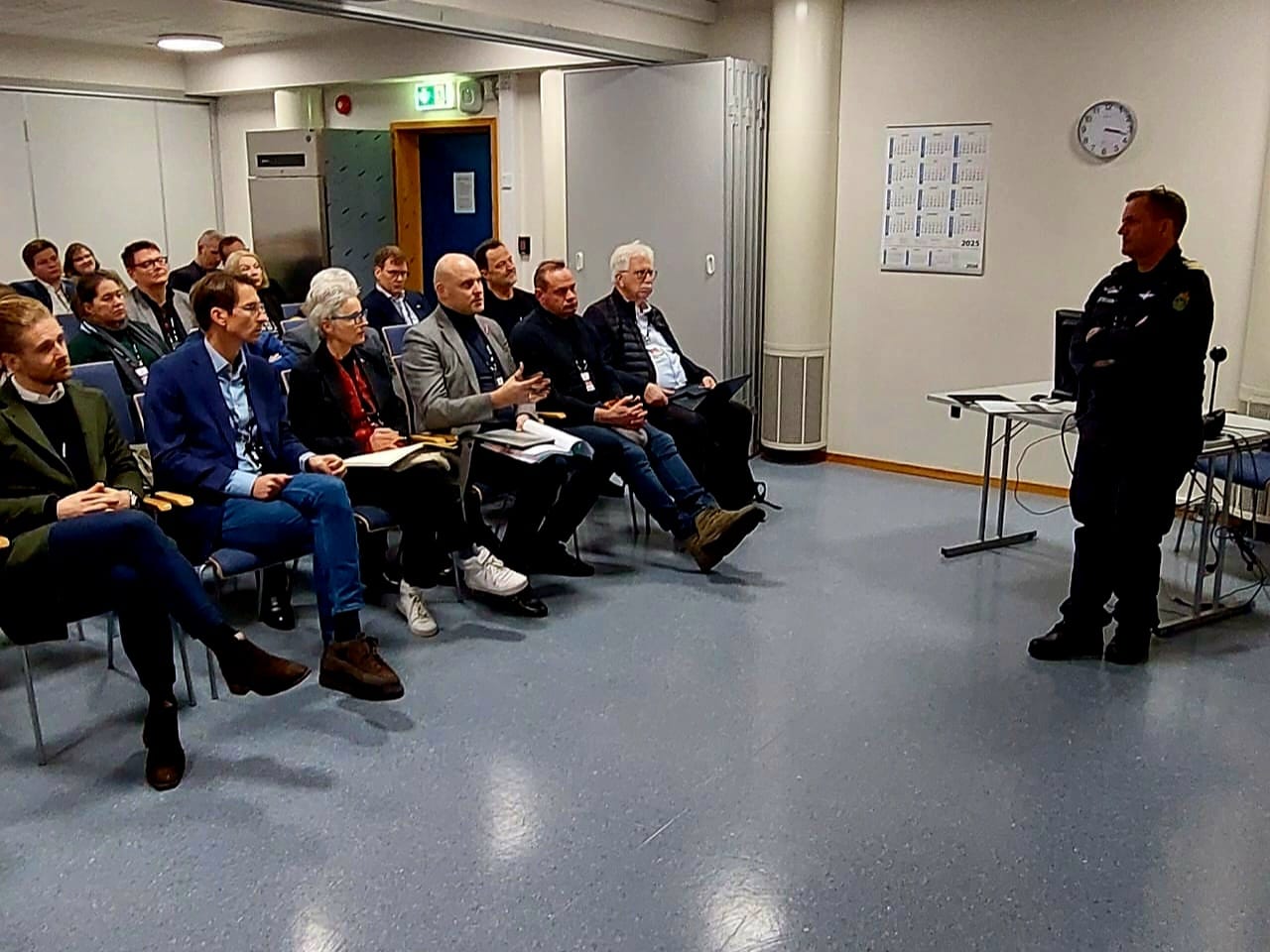
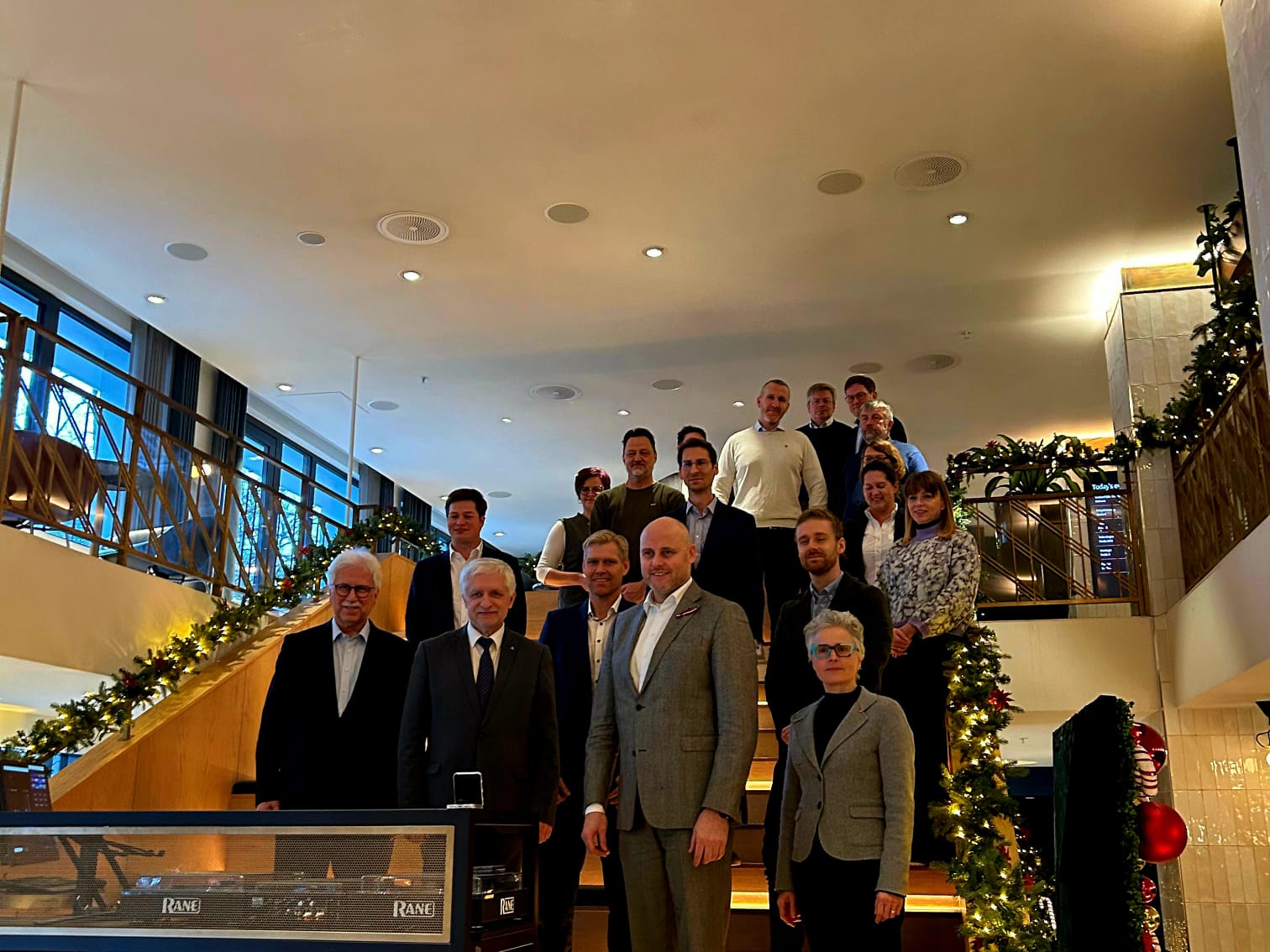
 Print
Print 

